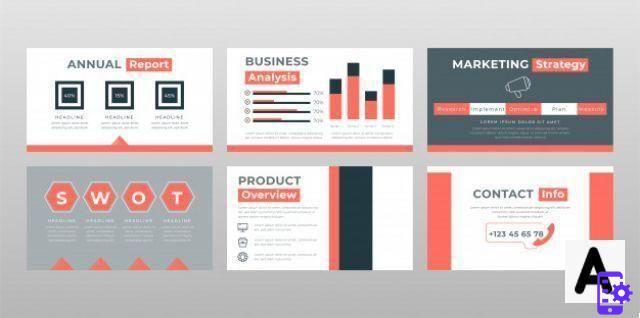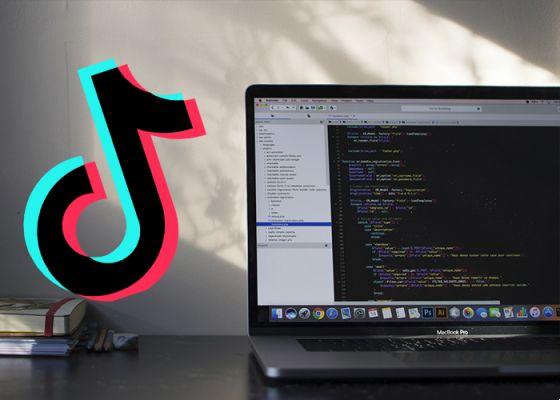
Aiming to fight pollution and climate change, IoT technology maker Libelium opens a call for cities with high levels of air pollution that want to test its new algorithm-based air quality measurement technology of Machine Learning.
With this relocation program, Libelium presents its new Air Quality Station, a high-precision device that stands out for its compatibility with metrological devices for air pollution analysis.
"With this new technology, Libelium is helping smart cities to add capillarity to their urban air metering network," explains Alicia Asín, CEO of Libelium. Many cities have a single high-capacity metrological device that costs hundreds of thousands of euros and therefore can only know the pollution levels in a given place. With IoT technology, more measurement points can be added with quality and precision devices that reduce the necessary investment to a tenth ".
The new Air Quality Station includes a machine learning model designed by algorithms and statistical data analysis. In this way the device learns and improves its accuracy as it acquires data which it compares and analyzes with those recorded by official reference stations. Libelium tested the new technology at five sites with different weather conditions and different pollution levels to power the device's artificial intelligence and provide continuous improvement of the device's accuracy.
Libelium's new Air Quality Station allows the measurement of the five most important polluting gases (CO, NO, NO2, SO2 and O3), particles (PM1, PM2,5 and PM10), weather conditions and noise levels. The device includes connectivity via 4G and LoRaWAN, remote management in the cloud (also known as OTA, which stands for Over The Air) which facilitates programming and reconfiguration. It also allows the visualization of data in real time thanks to its compatibility with multiple Cloud platforms through Libelium Bridge.
Who can apply to participate in the program?
- Public administration (city councils, regional governments, national governments or public companies).
- Systems engineering and integration firms (consulting firms developing custom technology projects, technology companies with knowledge in installing high-precision air pollution sensing devices and information processing in the cloud).
- Telecommunications companies that participate in public tenders for environmental quality measurement projects.
- Companies producing environmental quality measurement technologies dedicated to the complete maintenance and operation of air pollution analysis networks.
- Environmental consulting company.
- Universities and research centers participating in pollution and climate change studies.
For more information, see the website.

























